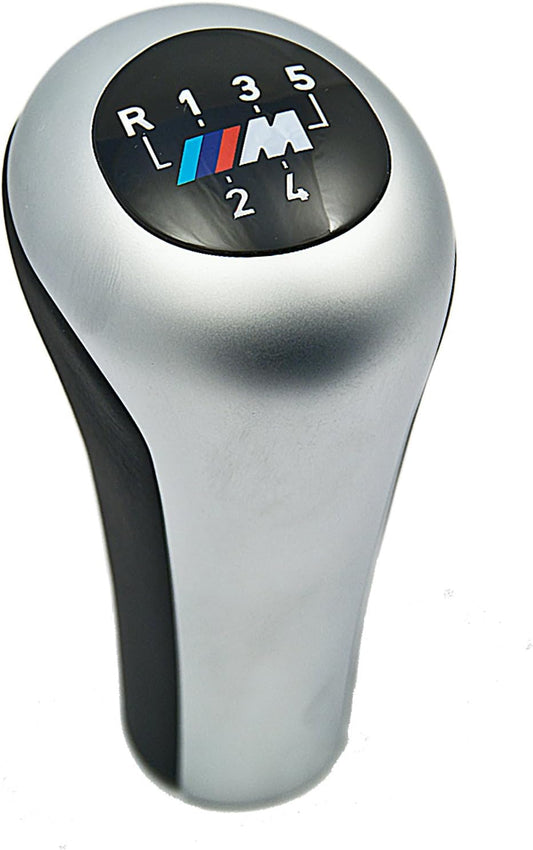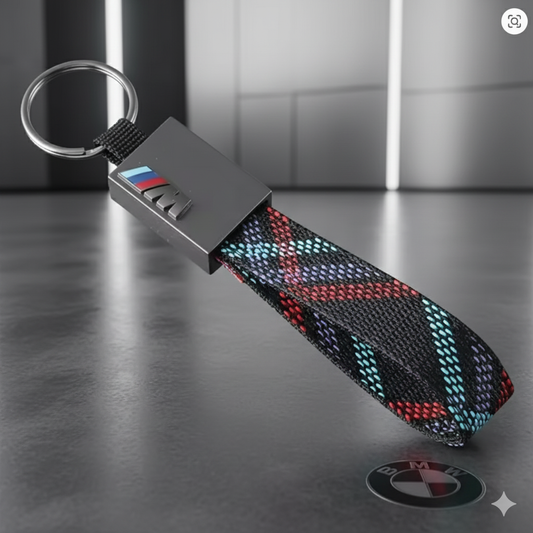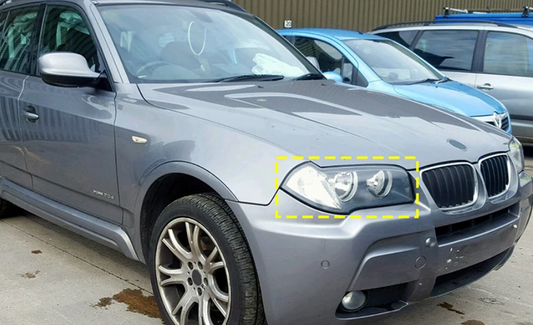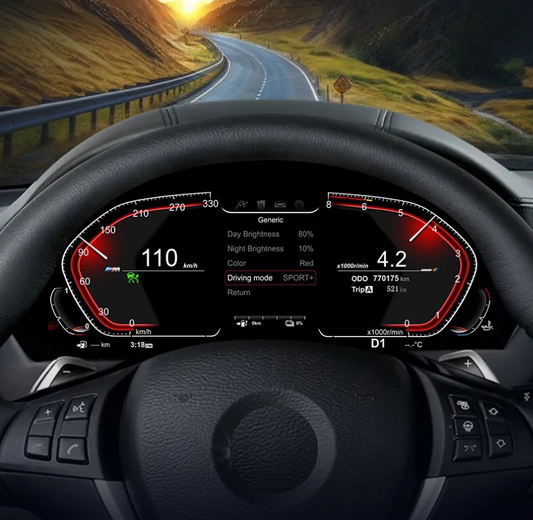
Exploring the future of mobility: BMW's innovation in electrical technology
Exploring the future of mobility: BMW's innovation in electrical technology
In a world where sustainability and technological innovation are more important than ever, BMW is positioned at the forefront of its commitment to an electric future. But what makes BMW stand out in the field of electric mobility? In this article, we will deepen the technological advances of BMW, its range of electric vehicles and how they are redefining the concept of mobility.
BMW's electrical revolution
BMW's trip to electrification is not recent. The German brand has been investing in research and development of electrical technologies for more than a decade. Its objective is clear: combine Superior performance with sustainability.
Innovation history
BMW presented its first electric vehicle in 1972, the BMW 1602E, a model that marked the beginning of a new era. Although at that time, technology was not fully developed for mass production, it was an indicative of the path that the brand would take in the future.
The BMW I series
Launched in 2013, the BMW I series brought a new perspective to electric mobility. With the BMW I3 and the BMW I8, the brand not only offered zero -broadcast vehicles, but also provided a futuristic design and innovative technology.
- BMW I3: A compact urban vehicle that combines an innovative design with exceptional energy efficiency.
- BMW I8: A sports hybrid that represents the pinnacle of sustainable performance.
Technological advances in electric mobility
BMW technology in the electricity field focuses on several aspects: autonomy, load time, and connectivity. These elements are crucial to offer an unparalleled driving experience.
Autonomy and performance
BMW has developed batteries of High performance They offer greater autonomy, allowing drivers to travel longer distances without worrying about recharge. For example, the BMW IX3 offers an autonomy of up to 460 km with a single load.
Load infrastructure
In addition to improving autonomy, BMW has worked on load infrastructure, collaborating with fast charging networks such as Ionity. This ensures that drivers have access to efficient and conveniently located load stations.
User connectivity and experience
Connectivity is another fundamental pillar in BMW's electric mobility. Vehicles are equipped with smart navigation systems, OTA software updates (Over the Air) and perfect integration with mobile devices.
The environmental and social impact
BMW not only focuses on technology, but also on the environmental and social impact of its vehicles. The production of BMW electric vehicles follows principles of sustainability, from the use of recycled materials to the reduction of emissions during manufacturing.
Sustainability in production
BMW has implemented sustainable practices in its factories, using renewable energy and reducing waste. This not only improves production efficiency, but also minimizes the environmental impact.
Social contribution
The brand is also committed to social responsibility, investing in communities and promoting education on sustainable mobility.
Conclusion
In summary, BMW is leading the way towards a more sustainable and technologically advanced future. With its focus on innovation, sustainability and connectivity, BMW is not only redefining what it means to drive, but also what it means to take care of the planet. If you are interested in discover more about the range of BMW electric vehicles, do not hesitate to visit our BMW spare and accessories online store. Explore the possibilities and join the electrical revolution!












